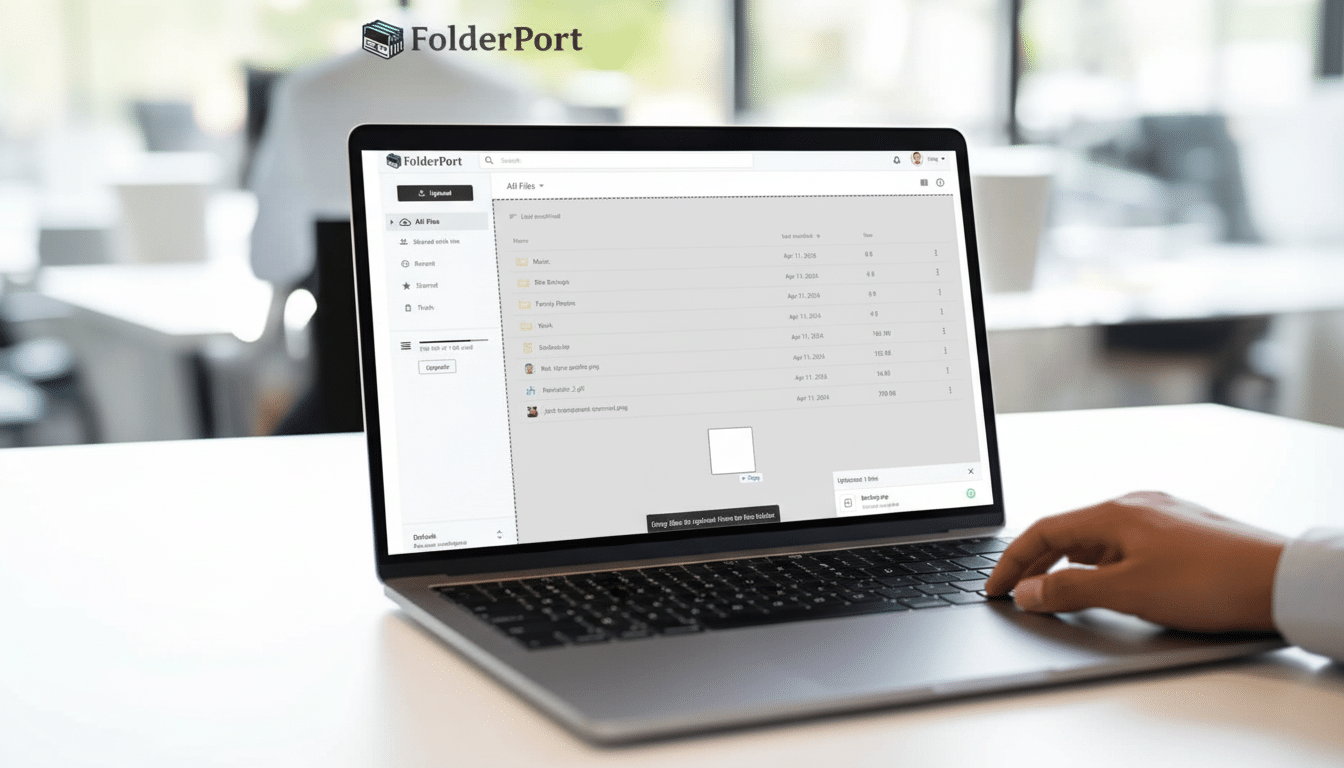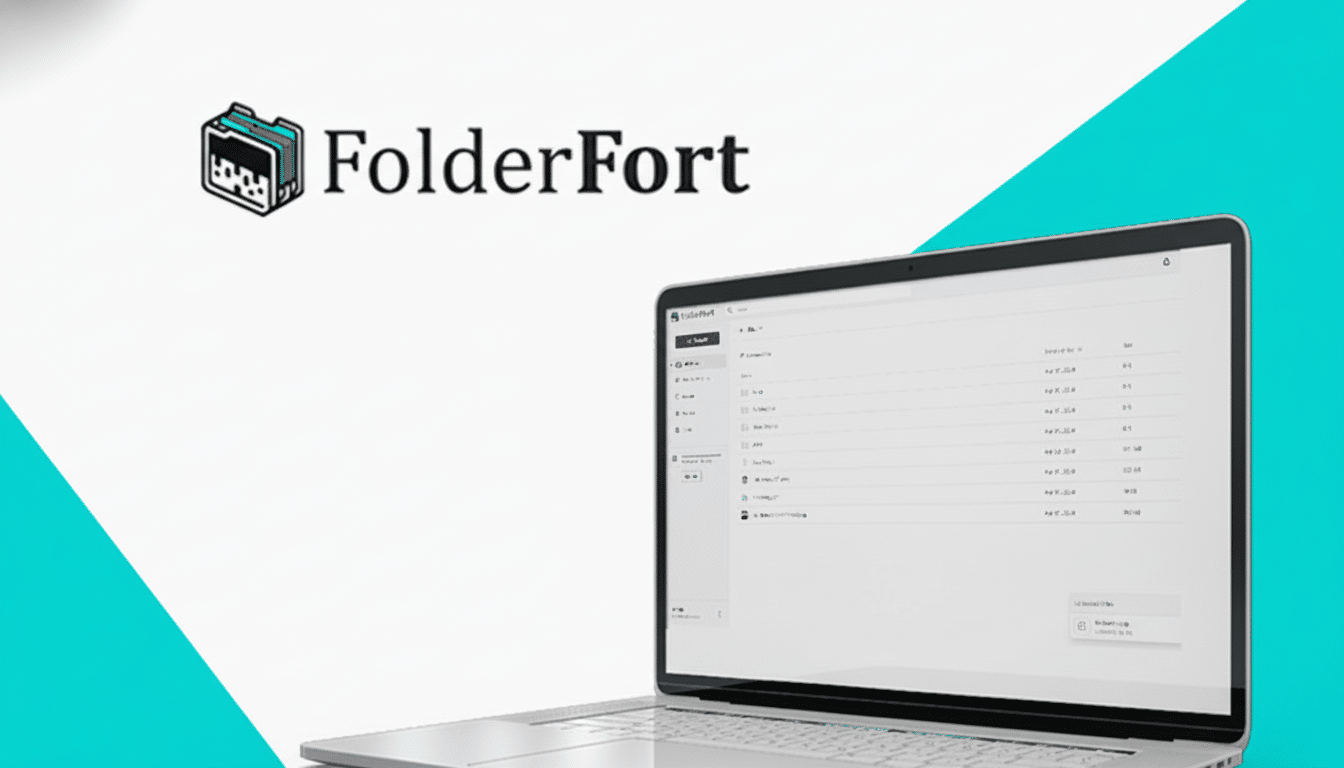A one-time payment of $119.99 for lifetime cloud storage is an audacious offer in a subscription-based age. That’s the basic pitch of the 2TB Cloud Storage Pro Plan, which is aimed at single users as well as teams that prefer a predictable fee without sacrificing speed, security, or collaboration tools.
What We Like About the Pro Plan and Its Core Benefits
The headliner is simple: 2TB of storage that you own for as long as the service exists, rather than paying by the month or year. For comparison, 2TB can hold roughly 500,000 photos at 12 megapixels each, or dozens of hours of 4K video (though that ultimately depends on bitrate and compression).
- What We Like About the Pro Plan and Its Core Benefits
- Collaboration Without Per-Seat Fees or User Limits
- Real-World Speed and Scalability for Large File Workflows
- How It Stacks Up on Price Against Major Cloud Rivals
- Security and Reliability Considerations You Should Review
- Who This Plan Could Be Good For Across Home and Work

The platform is browser-first, meaning you can log in from any modern browser on Mac, Windows, or mobile without installing clients. That’s good for shared devices, locked-down corporate environments, or easy access on the go.
The company claims 99.99% availability and provides encrypted storage built on Backblaze’s infrastructure, so there is a combination of smoothness and security that matches what you might expect from the industry as a whole. And while most people will care more about “does it work when I need it,” four-nines uptime is just minutes of expected downtime per month on average.
Collaboration Without Per-Seat Fees or User Limits
Unlimited workspaces and unlimited users are the sleeper features here. A lot of cloud services hide collaboration behind per-seat pricing, which becomes very spendy as your team scales. Take those caps off, and the plan becomes a sort of central hub for files, projects, and shared archives.
For small agencies, classrooms, community groups, and extended families, that model is fine. A design studio could maintain client folders across multiple workspaces and invite freelancers when necessary; a family can partition school docs, tax files, and photo libraries without having to juggle different accounts.
Since sharing is link-based, distribution is simplified, as is the overhead of maintaining permissions for one-off sharing sessions. It likewise sidesteps the old getting-started booby trap of “which account does the file live in” for multi-service households.
Real-World Speed and Scalability for Large File Workflows
Upload performance ultimately depends on your connection, but the service is engineered for big files and speedy syncing over a reliable network. Yes, a 10GB file would move in less than a couple of minutes with a literal gigabit upstream; for normal home-use broadband upload speeds (let’s say 35–50 Mbps), expect tens of minutes. The point here is that the platform does not artificially throttle and handles larger files smoothly.
If you eventually feel it’s a bit crowded in there, you can bump up to 2TB more without any migrations or downtime. That matters to creative pros who are regularly churning out multi-gigabyte assets, and teams that can’t shut down workflow in order to relocate data.

How It Stacks Up on Price Against Major Cloud Rivals
Subscription math is one realm where lifetime storage becomes interesting. Both Google One and iCloud+ charge around $9.99 per month in the U.S. for 2TB plans, or about $99.99 annually. Dropbox’s 2TB plan usually runs over $100 per year if you pay annually. Microsoft 365 Family, for example, is around $99.99 per year and offers each user 1TB of OneDrive storage (up to six users total).
Against those baselines, a one-time payment of $119.99 breaks even in 12 to 14 months against mainstream subscriptions. Beyond that, the cost advantage snowballs. And for cost-conscious homes, freelancers, and start-ups, that predictability can often be as invaluable as the raw capacity.
Security and Reliability Considerations You Should Review
Security is a table-stakes item for any cloud provider. Industry best practices cover encrypting data at rest (usually using something like AES-256), along with strong forms of account control (for example, IAM-style access management; tools like Keycloak also provide comparable controls) and versioning so you can recover from mistakes or even when ransomware reaches your backups. The service features encrypted storage based on Backblaze’s infrastructure and a 99.99% uptime guarantee. Backblaze is a standard-bearer in the world of public cloud storage and drive failure studies when it comes to transparent reliability reporting, so there is that for infrastructure credibility.
Due diligence still matters. Would-be buyers will want to check availability of multi-factor authentication, file version history, audit logs for shared workspaces, and data retention policies. If you’re in a regulated industry, compare your compliance posture to requirements from frameworks like SOC 2 and validate data residency options. The data from the IBM-backed Cost of a Data Breach Report and the Ponemon Institute, who also produce comparable research on what it costs when things go wrong, shows why these are not just box-ticking exercises.
Who This Plan Could Be Good For Across Home and Work
The biggest benefit is there for solo creators moving big media, small teams that work off the same pile of stuff all the time, and families who are consolidating in from a bunch of places. The unlimited-user model removes a growth tax, and browser access minimizes the learning curve.
If you want deep desktop integration, or enterprise-grade feature control, then compare feature lists very closely.
But if you just want a rock-solid, safe, and simple place for a handful of terabytes that won’t cost $100 every year forever, the 2TB Cloud Storage Pro Plan is an appealingly low-friction notch upward — and one motivated by the constant expansion of our personal data footprint: IDC’s Global DataSphere estimates total global personal data will reach over 100 zettabytes in the mid-2020s.

